Analysis of Mars's wind-induced vibrations sheds light on the planet's subsurface properties
Tuesday, 23 November 2021 16:48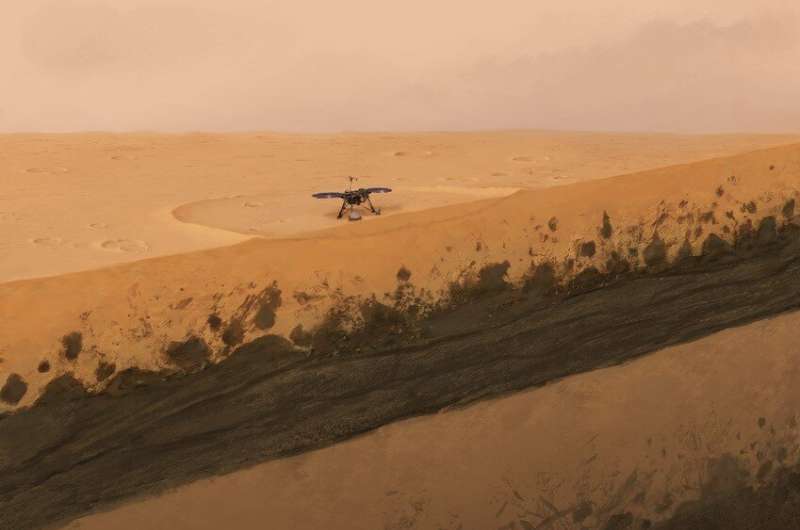
Connecting the Dots | Rising tide lifts all satellites
Tuesday, 23 November 2021 16:34
The satellite industry is being called to sea as maritime freight volumes swell to new highs, creating more urgency for space-based solutions that can improve the sustainability of oceangoing commerce.
Japan to recruit first new astronauts in 13 years to support Artemis program
Tuesday, 23 November 2021 15:19
Japan’s space agency is set to recruit astronaut candidates for the first time in 13 years as part of efforts to support the NASA-led Artemis lunar exploration program.
MCS – Reducing Risk, Improving Availability of Communications Satellites
Tuesday, 23 November 2021 13:49
The small all-electric satellite system is suited to developing commercial and national operators requiring low-capacity volume or having limited bandwidth slots.
If alien probes are already in the solar system, maybe we could detect them calling home
Tuesday, 23 November 2021 12:07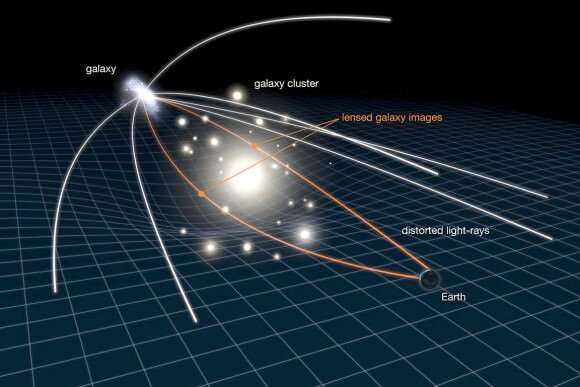
It's been 70 years since physicist Enrico Fermi asked his famous question: "Where is everybody?" And yet, the tyranny of the Fermi Paradox is still with us and will continue to be until definitive evidence of extraterrestrial intelligence (ETI) is found. In the meantime, scientists are forced to speculate as to why we haven't found any yet and, more importantly, what we should be looking for. By focusing their search efforts, researchers hope to determine whether we are alone in the universe.
In a recent study, two researchers from the University of Liège and the Massachusetts Institute of Technology (MIT) recommend that we look for evidence of transmissions from our solar system.
NASA ready to launch DART planetary defense demonstration mission
Tuesday, 23 November 2021 11:54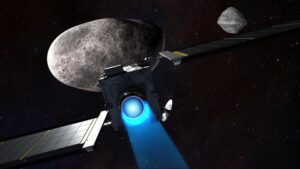
NASA is ready to launch its first mission devoted to planetary defense, a spacecraft that will collide with the moon of a small asteroid to test the ability to deflect it.
Prototype SETI hardware gets first data from VLA
Tuesday, 23 November 2021 11:05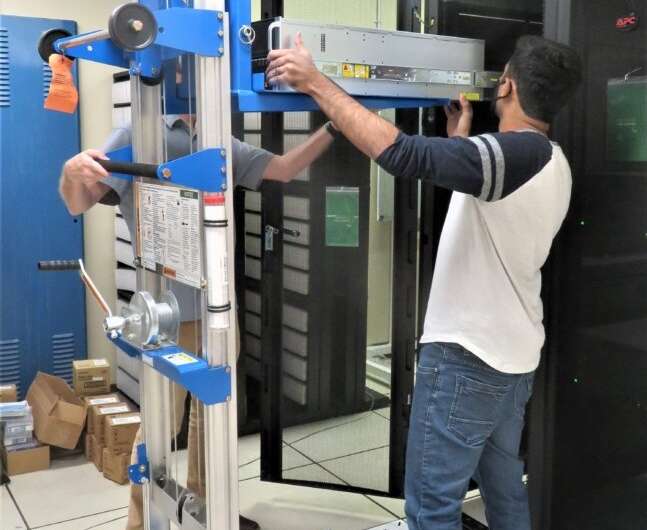
A system designed to provide data from the National Science Foundation's Karl G. Jansky Very Large Array (VLA) for analysis in the Search for Extraterrestrial Intelligence (SETI) has successfully acquired data from a VLA antenna. The system—dubbed COSMIC: the Commensal Open Source Multimode Interferometer Cluster—is designed to receive data from a newly-developed parallel Ethernet interface to the VLA, using the same data stream used for other research but analyzed in parallel by COSMIC.
"As soon as the cabling was physically connected, our interface locked on to the VLA data streams and we were able to grab some preliminary data," said Dr.
ESA Boost! contract for flight demonstration of Spectrum launch vehicle
Tuesday, 23 November 2021 10:15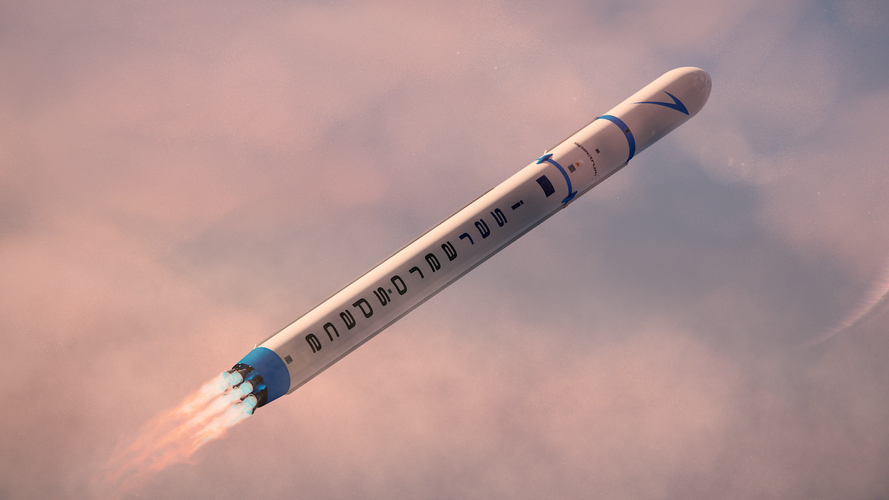
Small and medium satellites can expect new launch opportunities on the Spectrum launch vehicle thanks to an ESA Boost! co-funding contract worth €11 m with Isar Aerospace Technologies in Germany.
Using space to foster development assistance for disaster resilience
Tuesday, 23 November 2021 10:00
ESA’s Global Development Assistance Programme, brought to life by ESA Member States at Space19+, has officially kicked off its first action focused on agile Earth observation information development in the thematic sector of ‘Disaster Resilience’. This marks the first milestone in a programme that aims to foster impact through the systematic integration of Earth observation data in development projects.
JWST launch slips after payload processing incident
Tuesday, 23 November 2021 02:47
NASA announced Nov. 22 that it is delaying the launch of the James Webb Space Telescope by at least four days to investigate an incident that took place preparing the spacecraft for launch in French Guiana.
Blue Canyon wins $14 million contract for deep-space inspector satellite
Monday, 22 November 2021 22:30
Blue Canyon Technologies won a $14.6 million contract to produce a small inspector satellite for operations beyond geosynchronous Earth orbit.
Analysis: DoD ‘pivot to LEO’ a win for commercial satellite industry
Monday, 22 November 2021 20:23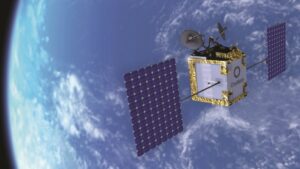
The U.S. Defense Department’s interest in low Earth orbit space services is a positive for satellite manufacturers and for commercial operators of broadband constellations, says a new report by the market research firm Quilty Analytics.
Double Asteroid Redirection Test launch could be key step forward in planetary defense
Monday, 22 November 2021 19:19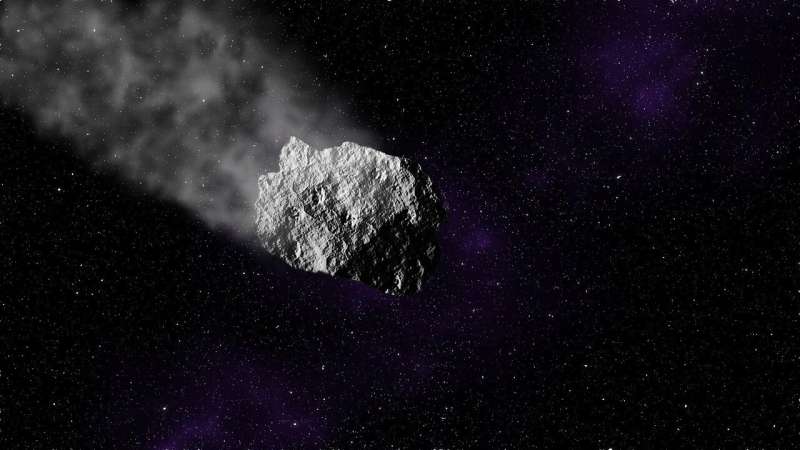
NASA's latest launch into outer space is going to make an impact. In fact, that's its entire mission.
DART (Double Asteroid Redirection Test), which is scheduled to launch at 10:20 p.m. PST on Nov. 23 out of Vandenberg Air Force Base in California, is NASA's first planetary defense mission. This mission will demonstrate asteroid deflection via kinetic impact. The goal is to collide with the target to see how the orbit changes. It's a test run to see if such a plan is feasible should we find an asteroid on a collision course with Earth one day.
Cristina Thomas, an assistant professor of astronomy and planetary sciences at Northern Arizona University and lead of the DART Observations Working Group, is excited to see the effects of the impact. She and her international team have been working for years to obtain a precise pre-impact orbit of Dimorphos, the satellite asteroid, around Didymos, the primary asteroid in a near-Earth asteroid system.
Near-Earth, of course, is relative; the planet is in no danger from Didymos. However, an asteroid heading toward Earth is possible, and scientists throughout the world are working on ways to identify these potential threats and how to mitigate them.
Update on Webb telescope launch
Monday, 22 November 2021 19:00
The launch readiness date for the James Webb Space Telescope (Webb) is moving to no earlier than 22 December 2021 to allow for additional testing of the observatory, following a recent incident that occurred during Webb's launch preparations.
Webinar Replay – Blockchain for Space
Monday, 22 November 2021 18:31
Blockchain is most often associated with Bitcoin, but the technology has important applications for many industries including the space sector.

